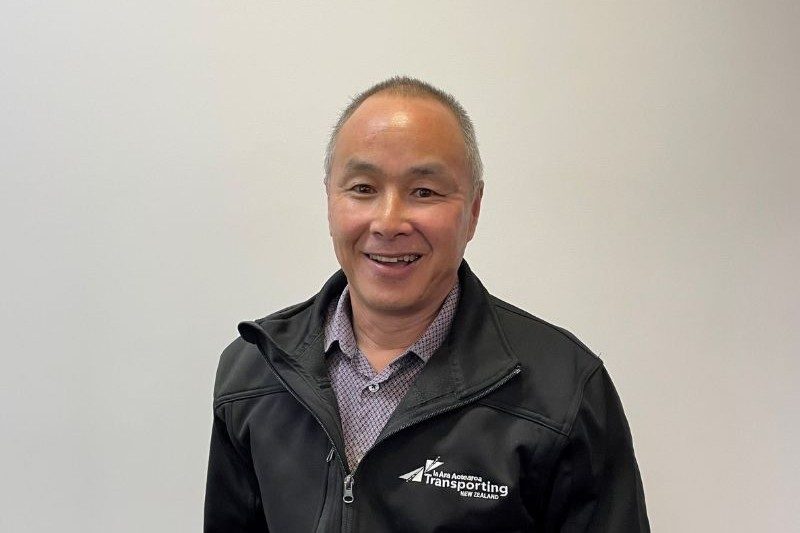
Waste Management’s electric vehicles
Heavy vehicles are a huge part of the electric revolution, and on the international stage, major companies such as Tesla and Daimler AG are racing to develop electrified heavy-duty trucks, while other vehicles like buses are also part of the mix.
Change is also on the horizon at home, with Drive Electric member Waste Management leading the way.
It is on the verge of completing a pilot programme that will see five of its trucks switch from diesel to become environmentally friendly electric vehicles.
“Three of those trucks are in service in New Zealand,” says Waste Management managing director Tom Nickels. “The other two are in Amsterdam with EMOSS – the company that converts our trucks – and are due back here in a couple of months.”
Nickels says what he has seen so far gives him great confidence that this is the right path for them to take.
The next step is to convert trucks from diesel to electric power here in New Zealand, in a specialist EV conversion workshop at Waste Management‘s main Auckland site.
“We have ordered 20 kit sets from EMOSS. The first conversion has already begun,” Nickels says. “So far, we‘ve outperformed what was expected.”

Waste Management’s Tom Nickels
With more than 800 trucks in its fleet, the company has made sure to convert a variety of vehicles during the pilot, including a box and body truck that focuses on supermarket collection, and side-load trucks for wheelie bins as well as rear-load and skip bin trucks.
Going electric has also meant new challenges for drivers, engineers and mechanics.
“The drivers use different techniques. We‘ve had great difficulty getting drivers out of the pilot trucks,” says Nickels.
“When you‘ve got an electric motor and batteries, diesel mechanics are not what you need there. You need electrical technicians and engineers.”
Nickels encourages other companies to think about investing in electric technology.
“It‘s a tremendously exciting opportunity across the transport sector. I think all enlightened companies that care for the environment should definitely be looking at it. I know some of them are thinking about it. It seems to make sense in every dimension.”
Nickels strongly believes the costs associated with going electric will come down quite rapidly, and trucks are expected to last longer between services, with less changing of brake pads.
“This is a long-term commitment that started with our light fleet – cars and vans. The great thing is we can get those off the showroom floor.”
Fellow Drive Electric member ABB, which offers a variety of charging solutions for large vehicles like buses, also sees huge potential in heavy EVs.
ABB New Zealand managing director Ewan Morris says there is a large amount of interest in electrifying New Zealand‘s bus fleet and there are currently some pilot/trial projects being run, however it is early days.
“Buses are good candidates for electrification. Buses, and many aged buses in particular, use diesel fuel that contributes to air pollution. Electric buses emit no greenhouse gases which is better for the environment, and for people walking near and around the buses.”
Other benefits include a quieter experience for passengers and operators can experience lower running costs.
The impact charging heavy vehicles will place on the electricity grid depends on whether they charge overnight or at various points throughout the day, along with the number of electric buses on the road.
“It is important that the grid impact is considered up front as part of the overall system design. Technologies such as battery energy storage combined with advanced power management controllers are able to help reduce the impact on the grid.”

Ewan Morris
Auckland Transport (AT) is another organisation investing in heavy EVs, with two electric buses set to run on the City Link route.
“We will use the vehicles to test the viability of electric buses in Auckland, looking at elements such as battery life, ability to cope with hills and passenger loading,” says Darek Koper, AT manager of bus services.
“This is a very exciting opportunity for Auckland to take a big step towards achieving the aim of a zero-emission fleet from 2025.”
The buses built by Alexander Dennis have been jointly funded by AT and the Energy Efficiency and Conservation Authority.

ABB electric bus project





